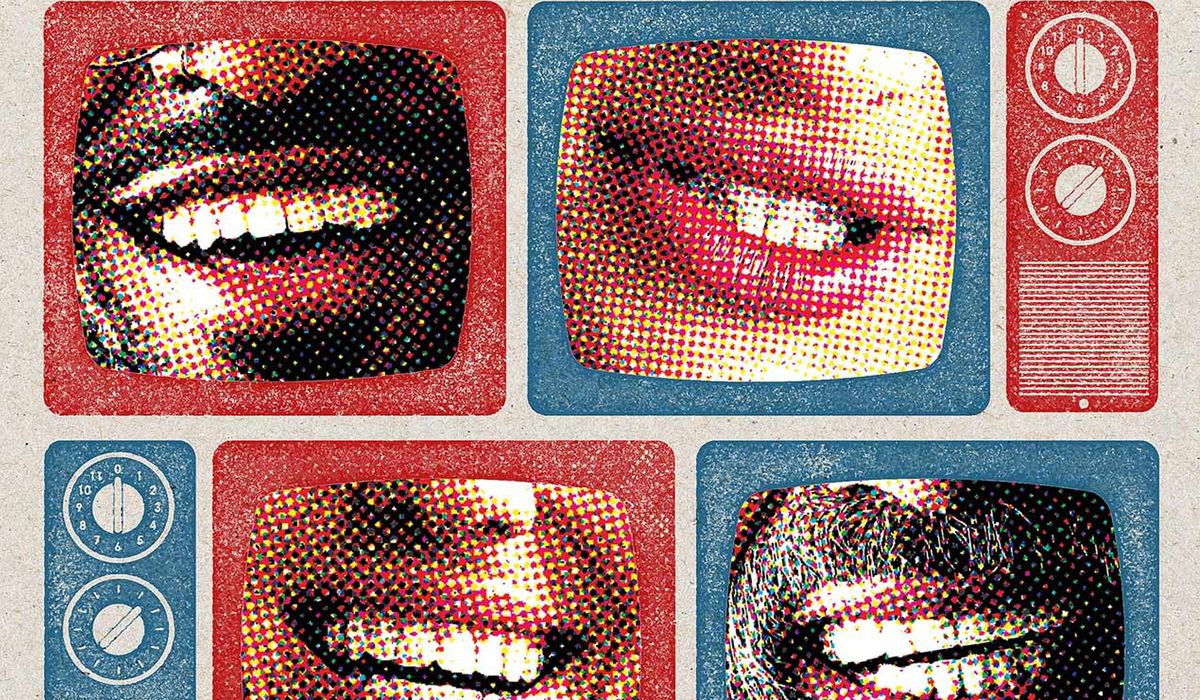Public trust hit high after 9/11 but declined quickly thereafter: Here’s …

OPINION:
Before he became host of “The Tonight Show” on NBC, Johnny Carson hosted a show on ABC called “Who Do You Trust.” The grammatical error aside (WHOM do you trust would have been correct), it’s a question many are asking when it comes to their government, scientists and politicians. Perhaps an updated version might be, whom CAN you trust?
With respect to just the latest lies about the origin, prevention and treatment of the virus that causes COVID-19, the misinformation and disinformation are being uncovered.
The latest comes from the Department of Energy. While labeling its conclusions “low confidence,” it is the first revelation from any federal agency that early allegations that the virus originated from a laboratory leak in Wuhan, China, might have credibility.
FBI Director Christopher Wray has since come out to say that the COVID pandemic was “likely caused” by the Chinese lab leak.
When the story was first reported by The Wall Street Journal, White House national security adviser Jake Sullivan claimed there is no “consensus” in the intelligence or scientific communities about the origin of the virus. Since when did a lack of consensus keep them from reaching conclusions?
When there has been consensus, it has often been wrong (i.e., the missed Japanese attack on Pearl Harbor in 1941, the Bay of Pigs invasion in 1961, the Tet Offensive in Vietnam in 1968, the Yom Kippur War in 1973, the Iranian Revolution and Soviet invasion of Afghanistan in 1979, the collapse of the Soviet Union in 1991, and the terrorist attacks on Sept. 11, 2001).
Let’s not forget the 50 retired intelligence officers who were all-in when it came to agreeing that the Hunter Biden laptop story was part of a “Russian disinformation” operation. Joining the pile-on was Hillary Clinton, who claimed that then-Democratic Rep. Tulsi Gabbard of Hawaii was a Russian “asset.” None has apologized for these lies, nor have their media enablers.
The list of misinformation and lies is long. They involved masks (good, not good), school closings (effective, ineffective), vaccines (prevent infection, then don’t, but wear masks anyway), social distancing (effective, but then not so much).
There was one overwhelming consensus among the “experts” — anyone who disagreed with them was a conspiracy theorist, a denier, wore a tin hat, and was stupid and racist.
The media aided and abetted the “experts” by calling critics names to silence them. Sen. Tom Cotton, Arkansas Republican, was a special target. About Mr. Cotton’s view that the virus came from a Chinese lab, a New York Times headline read “Senator Tom Cotton Repeats Fringe Theory of Coronavirus Origin.” The Washington Post ran a nearly identical headline: “Tom Cotton keeps repeating a coronavirus fringe theory that scientists have disputed.” Many others agreed.
On Feb. 20, the Post published this halfhearted statement without apology: “Earlier versions of this story and its headline inaccurately characterized comments by Sen. Tom Cotton (R-Ark.) regarding the origins of the coronavirus.”
Then there was Dr. Anthony “I am science” Fauci, who made dubious and changing claims, debunking statements from anyone who disagreed with him.
The New York Post has compiled a list of misinformation that came from supposedly reliable sources. They include that vaccinated immunity is better than natural immunity; closing schools reduced COVID-19 transmission; the vaccine has no side effects; young people benefit from a vaccine booster; vaccine mandates increased vaccination rates, and, of course, COVID-19 origination from the Wuhan Lab is a conspiracy theory.
The Pew Research Center has studied the trust Americans place in government: “When the National Election Study began asking about trust in government in 1958, about three-quarters of Americans trusted the federal government to do the right thing almost always or most of the time. … Public trust reached a three-decade high shortly after the 9/11 terrorist attacks, but declined quickly thereafter. Since 2007, those saying they can trust the government always or most of the time has not surpassed 30%.
Is it any wonder?
• Readers may email Cal Thomas at tcaeditors@tribpub.com. Look for Cal Thomas’ latest book, “America’s Expiration Date: The Fall of Empires and Superpowers and the Future of the United States” (HarperCollins/Zondervan).
This article has been archived for your research. The original version from Washington Times can be found here.


